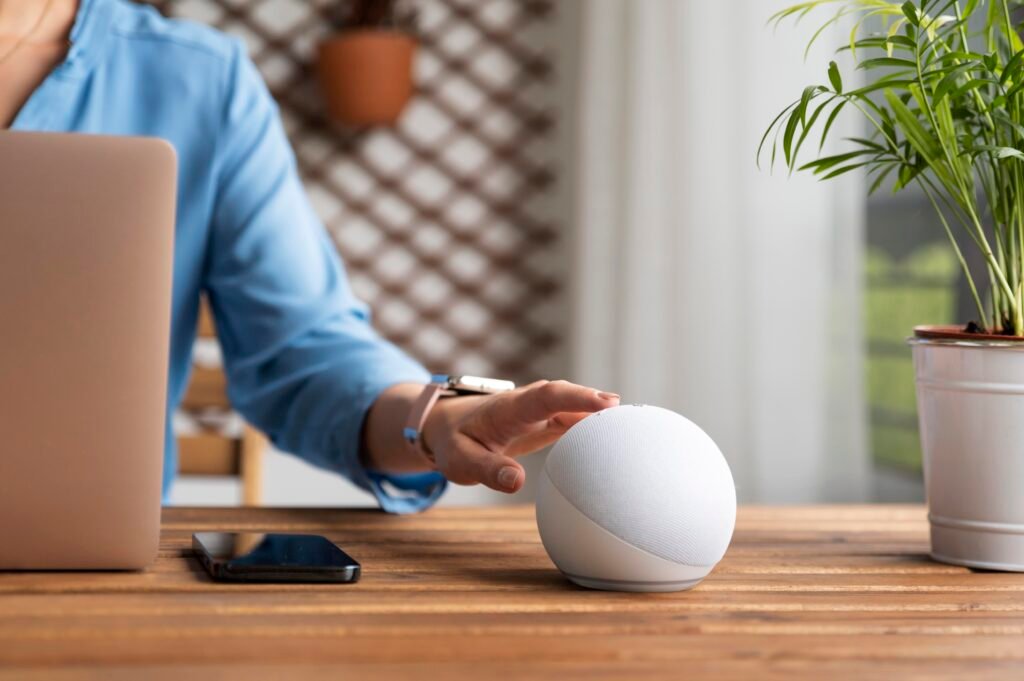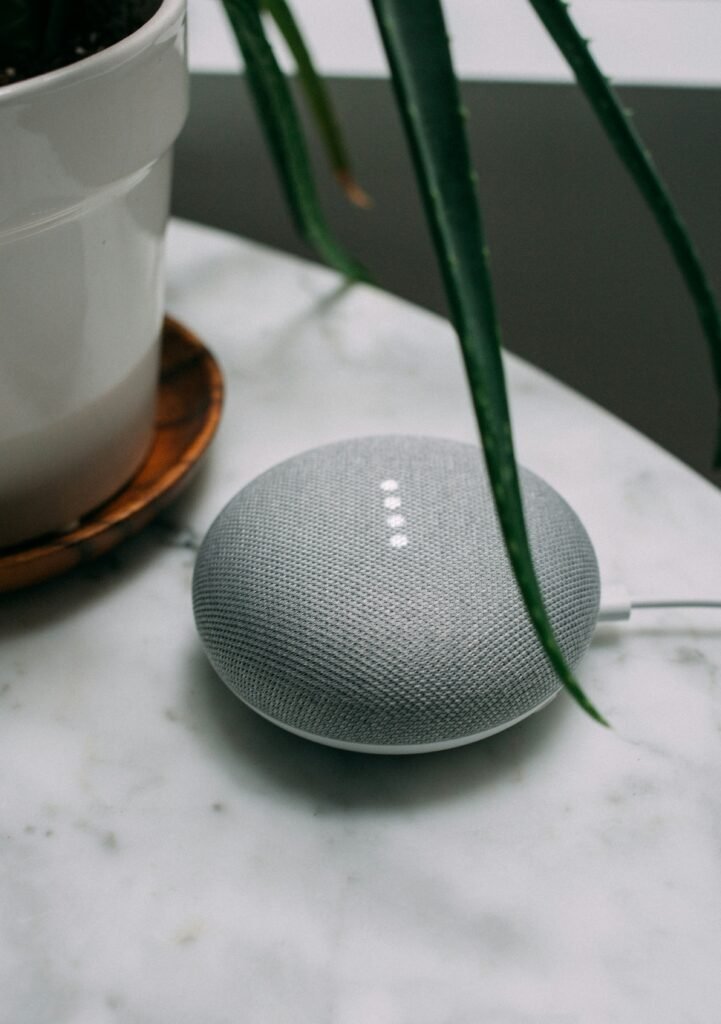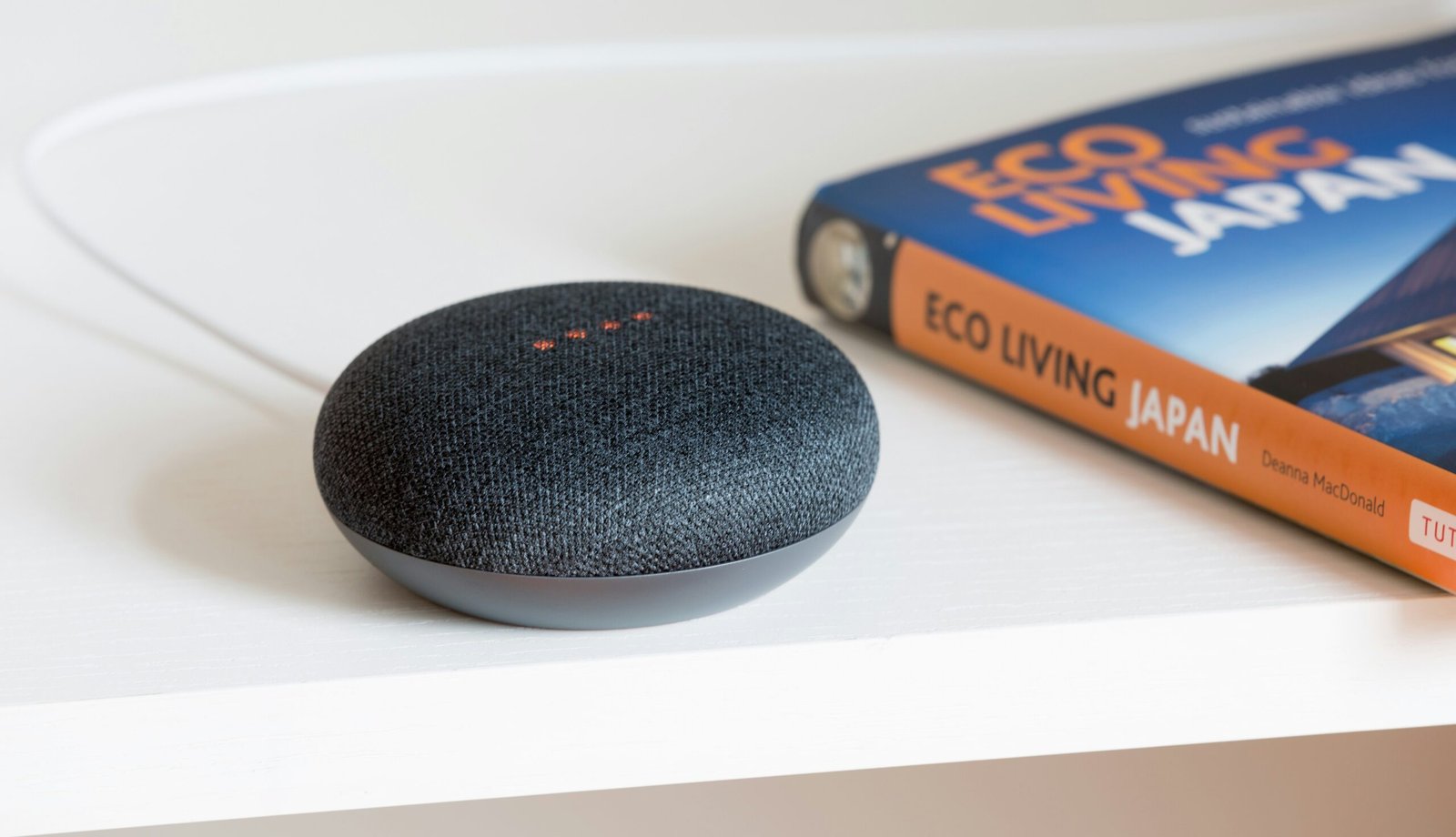In the ever-expanding universe of smart home devices, two titans stand out: the Amazon Echo and Google Assistant. Both promise to streamline your daily routines and elevate your home’s efficiency. But which one reigns supreme? In this in-depth review, we’ll dissect the features, pros, and cons of each, helping you decide which product aligns best with your needs.

Amazon Echo: Your Voice-Controlled Hub
Pros:
- Vast Skill Set: The Amazon Echo boasts an extensive array of skills, from managing schedules to controlling smart home devices, making it a versatile assistant for any household.
- Seamless Integration: With compatibility with a wide range of smart home devices and services, the Echo effortlessly blends into your ecosystem, ensuring a streamlined and efficient experience.
- Constant Evolution: Powered by Alexa, Amazon’s AI, the Echo continually learns and improves, delivering increasingly efficient responses and personalized interactions over time.
Cons:
- Sound Quality: While the Echo offers decent sound, it may not satisfy audiophiles seeking a premium audio experience, especially compared to dedicated speakers.
- Privacy Concerns: The Echo’s always-on microphone raises privacy concerns, as it continuously listens for its wake word, potentially compromising user privacy.
- Limited Customization: Despite its versatility, the Echo may lack the extensive customization options offered by some competitors, limiting personalization possibilities.

Google Assistant: Your Intelligent Companion
Pros:
- Google’s Knowledge: Backed by Google’s vast knowledge graph, Google Assistant excels at providing accurate and comprehensive answers to a wide range of queries, ensuring an efficient information retrieval process.
- Seamless Ecosystem: Integrated with Google’s suite of services and devices, Google Assistant offers seamless integration and synchronization, enhancing overall efficiency across multiple platforms.
- Natural Language Processing: Google Assistant’s advanced natural language processing capabilities enable intuitive and conversational interactions, making it a user-friendly and efficient companion for daily tasks.
Cons:
- Skill Set Limitations: While Google Assistant is proficient in many areas, its skill set may not be as extensive as that of the Echo, potentially limiting its utility for certain tasks or commands.
- Data Privacy Concerns: Similar to other tech giants, Google’s data collection practices raise privacy concerns, as user interactions with Google Assistant contribute to the company’s vast data repository.
- Ecosystem Dependency: Google Assistant’s efficiency is heavily reliant on integration with Google’s ecosystem, potentially posing challenges for users invested in alternative platforms or services.
Making the Choice: Which One Wins Your Home?
When it comes down to it, choosing between the Amazon Echo and Google Assistant depends on your priorities and preferences. If you value seamless integration, a wide range of skills, and evolving intelligence, the Amazon Echo offers an efficient solution for your smart home needs. Conversely, if you prioritize access to Google’s vast knowledge, seamless synchronization within Google’s ecosystem, and intuitive interactions, Google Assistant emerges as the efficient choice for you.
In conclusion, both the Amazon Echo and Google Assistant excel in different aspects, catering to diverse user requirements. By carefully evaluating their pros and cons against your specific needs, you can make an informed decision that optimizes the efficiency and functionality of your smart home experience.

